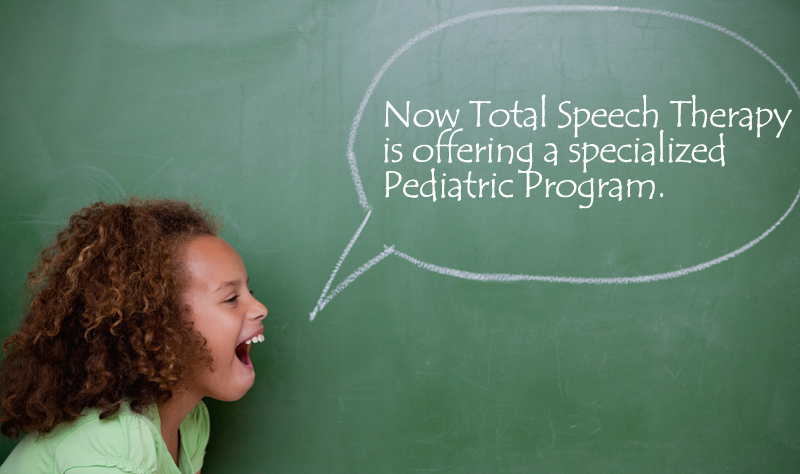There are different stages or methods for developing vocal abilities in young children, and there is no one-size-fits-all solution. When you look at other young children of similar ages, you can see the differences between them. Although this is not the best way to conclude your child’s vocal development because all children develop at their own pace, there are clear milestones you should keep in mind and monitor.
Even if the teacher has warned you about stuttering, letter inversion, or distorted words, don’t panic. Consider meeting with a speech-language therapist who can assist your child with specific difficulties.
My child struggles to communicate:
All of these bad reflexes, such as zoning, stammering, difficulty pronouncing certain letters (the R, for example) or sounds (the ch becomes s or j), and distorted words (the roar of “r” for a car), can be corrected in a few sessions. Often, it is the fact that he is still sucking his thumb or using a pacifier that is in question: the speech therapist will primarily recommend tongue positioning work in the form of games. If there is a language delay (limited vocabulary, difficulty constructing a sentence, etc.), the follow-up will take longer: the sooner you intervene, the better.
Their voice is hoarse:
Dysphonia, or persistent voice disorder, means your child may shout excessively or breathe incorrectly, straining their vocal cords. Speech therapy sessions can improve the child’s vocal quality and help improve their breath control and use of voice.
He has reading difficulties:
In kindergarten, we can see that he does not associate a letter with a sound. In first grade, he stumbles on the syllables, jumps or confuses the letters, mixes up similar words, deciphers with difficulty, and does not understand what he reads? The child may be experiencing dyslexia. There are techniques for treating this reading disorder and assisting the child in developing compensatory strategies. Many of them connect letters and sounds to shapes and images. Books and software can also help with learning. If other problems are present, a comprehensive follow-up with a psychomotor therapist and an occupational therapist is scheduled to avoid school failure.
Here are some indicators to help you see a little more clearly and identify if a visit to the speech therapist would benefit your little one. Consider your child’s age and whether the signs of difficulty listed below describe your child. If this is the case, it is strongly advised that you begin the process of meeting with a speech therapist.
At the age of 1:
- Your child does not or only occasionally babbles
- He does not express his needs through sounds or gestures
- He doesn’t smile or pay attention to his parents when they interact with him
- He does not respond to his name
At the age of 1½:
Your child does not use simple words
At the age of 2:
- Your child does not mimic your words or games
- Your child’s vocabulary is limited to a few simple words
- He does not form a sentence.
- Your child does not ask questions.
- Does not comprehend basic instructions.
At the age of 3:
- Your child creates sentences out of only two words
- Your child is having difficulty naming pictures or making requests
- He does not communicate with any adults other than his parents.
- Your child is unable to tell a familiar story or hold a brief conversation
- He struggles to answer the questions “who,” “what,” and “where.”
At the age of 4:
- Your child only speaks in short sentences of 2-3 words
- He struggles to answer “why” and “when” questions
- Your child has difficulty understanding long instructions without assistance
- He has trouble grasping spatial concepts (for example, on, up, down, in)
- Strangers find it difficult to understand him
At the age of 5:
- Your child has trouble pronouncing sounds
- Your child’s sentences lack determinants or pronouns
- Your child has difficulty matching words in sentences
- When your child speaks, he stutters
- Your child struggles to tell a story
- He has difficulty responding to your questions
When your child exhibits some or all of the above symptoms at the specified age, you should consider booking an appointment with a speech-language therapist near you. If you stay somewhere near Baltimore or Houston, Total Speech Therapy can help you in a great way to improve the speech capabilities of your child through their professional speech therapy.







Leave a Reply